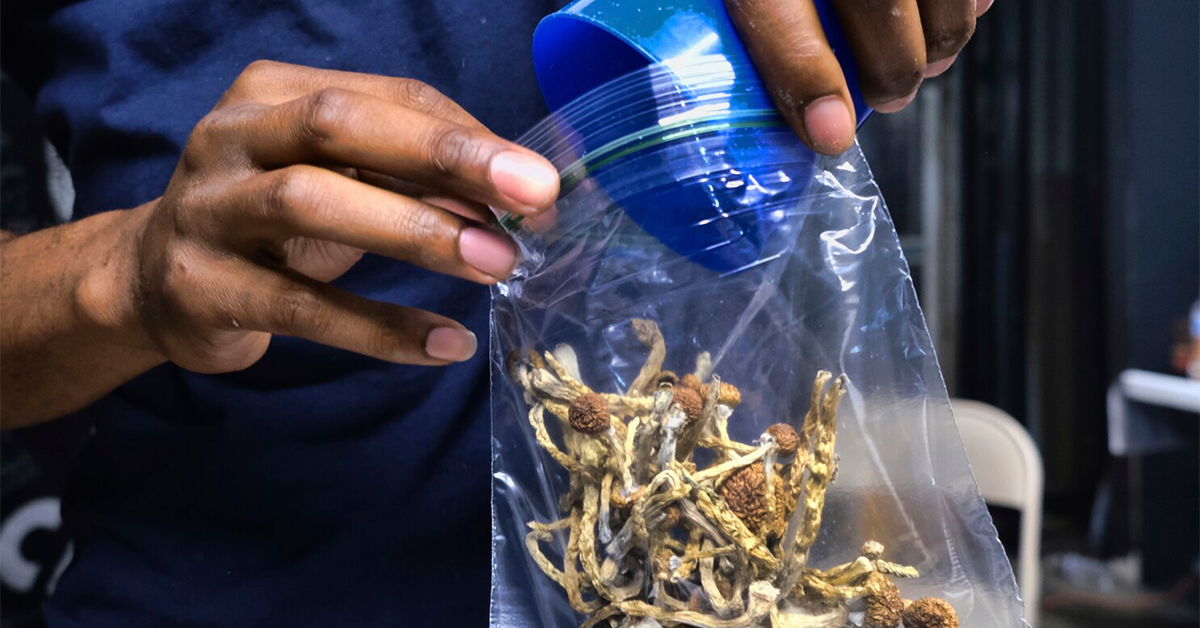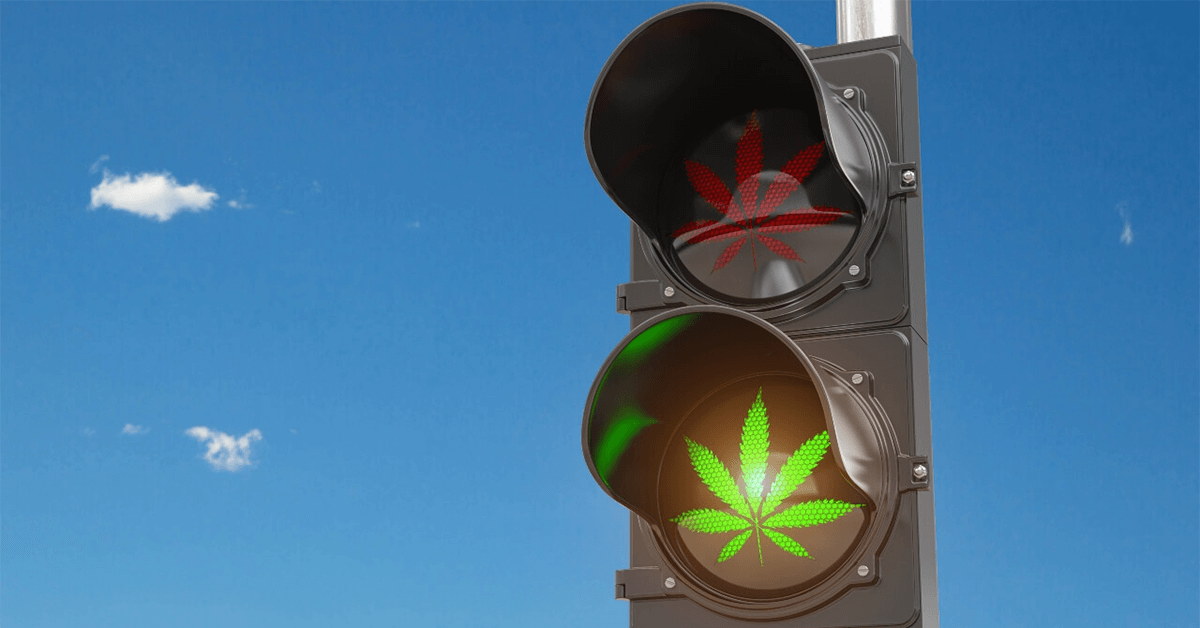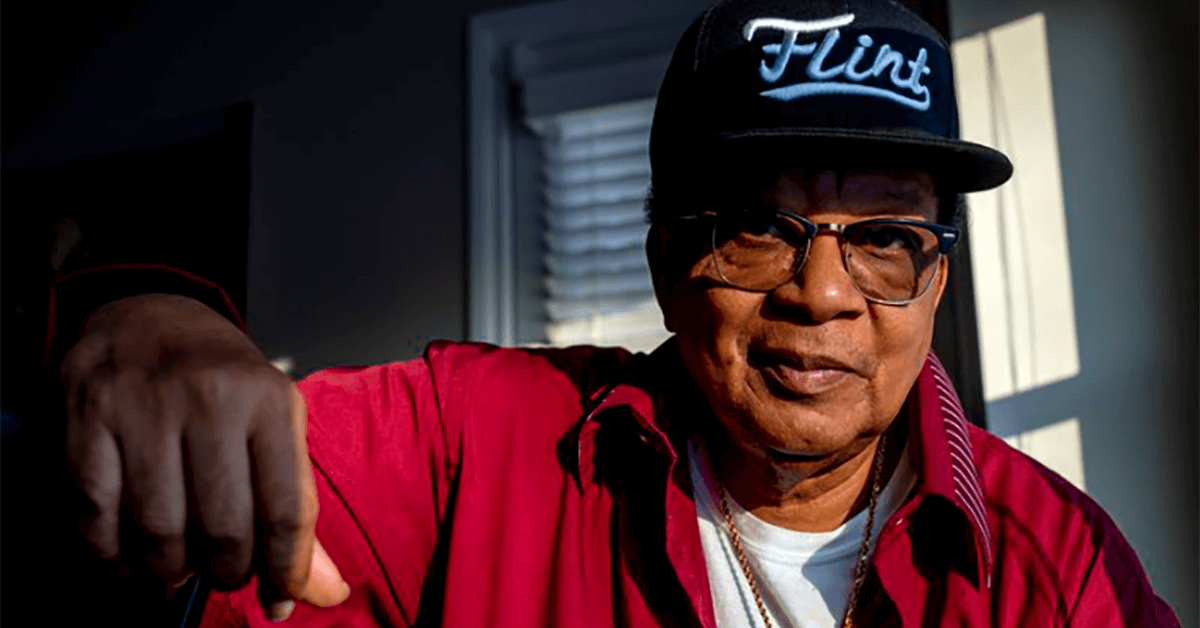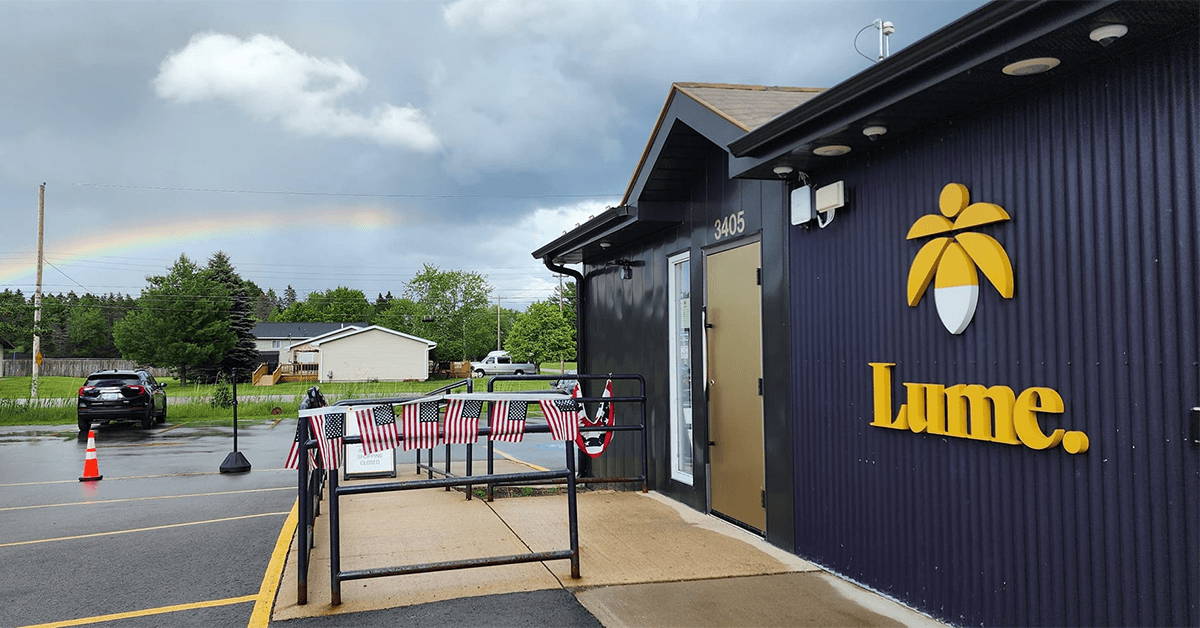Ypsilanti Mulls Over Psychedelic Plant Decriminalization

Editorial Note: Although this topic does not directly concern cannabis, it is closely related in terms of policy reform and decriminalization efforts. Given the relevance of these issues to our audience, we believe this news is significant and pertinent to our community.
In a significant policy shift, Ypsilanti city leaders are poised to vote on the decriminalization of psychedelic plants and fungi, including "magic mushrooms," in the upcoming year. This proposal, discussed by the City Council on December 19th, was initially brought to the table by Decriminalize Nature Michigan, an advocacy group championing the decriminalization of entheogenic plants, fungi, and related compounds.
Entheogens, a term derived from Greek meaning "becoming divine within," include substances such as ayahuasca, ibogaine, mescaline, peyote, and psilocybin mushrooms. These substances, recognized for their hallucinogenic properties, are currently illegal under both state and federal laws.
Larry Norris, a co-founder of Decriminalize Nature and a University of Michigan alumnus, argues for a new approach that respects individual sovereignty and the right to interact with nature without fear of legal repercussions. Norris, along with other activists, points to the 27 cities across the United States that have already adopted similar decriminalization policies since mid-2019. This list includes Detroit, Ferndale, Hazel Park, and Ann Arbor in Michigan.
In 2020, Ann Arbor City Council passed a resolution making these psychedelic plants a low priority for law enforcement, a stance subsequently mirrored by the Washtenaw County Prosecutor's Office. Cornelius Williams, an Ypsilanti resident and outreach director for Decriminalize Nature Michigan, argues that Ypsilanti should align with these policies for greater cohesion.
Advocates of decriminalization not only emphasize the spiritual significance of these substances but also point to their potential medical benefits. Studies suggest that these entheogens can be effective in treating mental health issues like PTSD, depression, and substance use disorders. Personal testimonies, like that of Matt Strang, who spoke to the city council about using psychedelics to manage his depression during substance recovery, underscore these claims.
Ypsilanti's City Council, presented with a resolution for decriminalization, discussed the need for an ordinance change. Mayor Nicole Brown and Council Member Desirae Simmons expressed support for this initiative. Simmons also hopes for a city statement backing state-wide legislation proposed by State Sen. Jeff Irwin for decriminalization.
Norris, in his presentation, distinguished these plants and fungi from typical recreational drugs, highlighting their traditional use in ceremonial contexts. He acknowledged their risks but compared them to legal substances like alcohol, tobacco, and pharmaceuticals, suggesting they pose less danger.
As the city of Ypsilanti deliberates this policy shift, it stands at the forefront of a broader movement seeking to redefine the legal status and societal perception of psychedelic substances.
Share this article:
Spotted a typo, grammatical error, or a factual inaccuracy? Let us know - we're committed to correcting errors swiftly and accurately!








 Helpful Links
Helpful Links